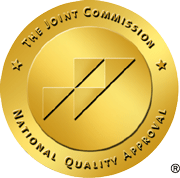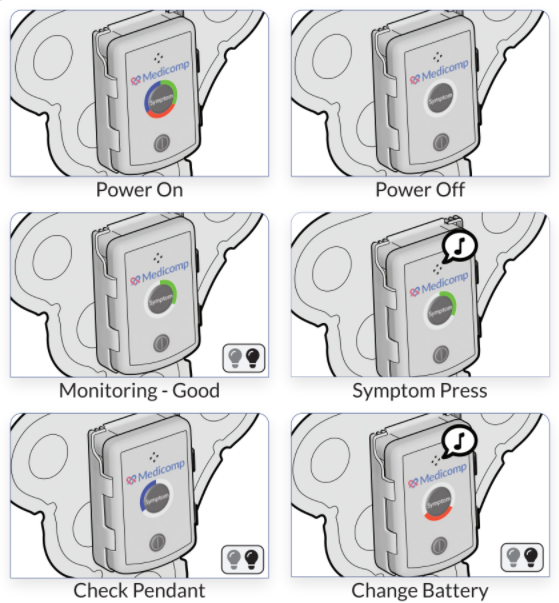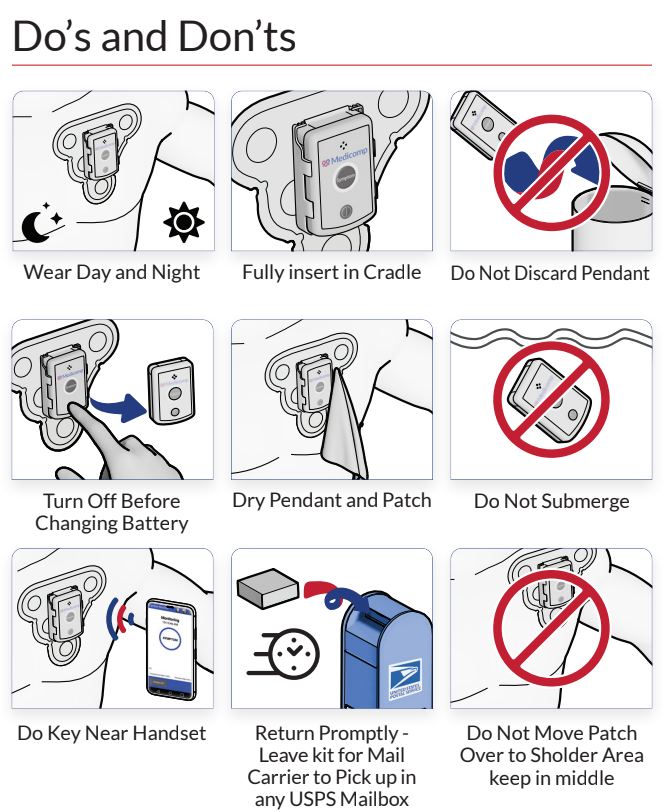A new study suggests that Long-Term Holter monitoring is better at detecting atrial fibrillation in stroke patients compared to standard Holter monitoring.
Atrial fibrillation is listed by the Centers for Disease Control and Prevention (CDC) as the most common type of heart arrhythmia. The organization goes on to say that approximately 2.7 to 6.1 million individuals in the United States have atrial fibrillation. ReactDx, creators of the most advanced ECG monitors in the industry, is sharing this new study that indicates that use of Long-Term Holter monitoring is best at detecting these abnormalities in patients with acute ischaemic stroke.
The Lancet Journal published the article Holter-Electrocardiogram-Monitoring in Patients With Acute Ischaemic Stroke in their April 2017 issue. This important study was conducted by 23 doctors who were concerned about the cases of atrial fibrillation that go undiagnosed in patients who have previously had an ischaemic stroke. They sought to find out whether prolonged heart monitoring would reveal arrhythmias.
A total of 398 patients in Germany participated in the study. The first 198 individuals were the control group and provided with standard care (i.e., at least 24 hours of rhythm monitoring), while the second group of 200 were provided prolonged monitoring (i.e., 10-day Holter monitoring at baseline, and at 3 months and 6 months of follow-up). All of the participants were over the age of 60 and had suffered an ischaemic stroke within a week prior to the study. None of the patients had a previous history of atrial fibrillation.
After a period of six months, doctors reported that nine of the 198 patients that received standard care were diagnosed with atrial fibrillation. When it came to the group of 200 that received Long-Term Holter monitoring, 27 were found to have atrial fibrillation. That’s just 4.5% for the control group, but 13.5% for the group that underwent prolonged Holter monitoring.
It was also discovered that many of the patients who were found to have atrial fibrillation were diagnosed at the beginning of the six-month period. For this reason, the researchers concluded by stating that physicians should begin non-invasive prolonged monitoring for at least the first 10 days following a stroke.
The study’s authors stated:
“Enhanced and prolonged monitoring [fusion_builder_container hundred_percent=”yes” overflow=”visible”][fusion_builder_row][fusion_builder_column type=”1_1″ background_position=”left top” background_color=”” border_size=”” border_color=”” border_style=”solid” spacing=”yes” background_image=”” background_repeat=”no-repeat” padding=”” margin_top=”0px” margin_bottom=”0px” class=”” id=”” animation_type=”” animation_speed=”0.3″ animation_direction=”left” hide_on_mobile=”no” center_content=”no” min_height=”none”][Long-Term Holter] initiated early in patients with acute ischaemic stroke aged 60 years or older was better than standard care for the detection of atrial fibrillation. These findings support the consideration of all patients aged 60 years or older with stroke for prolonged monitoring if the detection of atrial fibrillation would result in a change in medical management (e.g., initiation of anticoagulation).”
Heart disease has rightfully been called the “silent killer,” and detecting arrhythmias like atrial fibrillation is crucial for patient health. ReactDx can help physicians detect these abnormalities. ReactDx’s line of ECG monitors has the most advanced arrhythmia-detection algorithm available. Call ReactDx at 800-234-3278 to learn more, or head over to our News & Updates page for the latest info.
[/fusion_builder_column][/fusion_builder_row][/fusion_builder_container]



